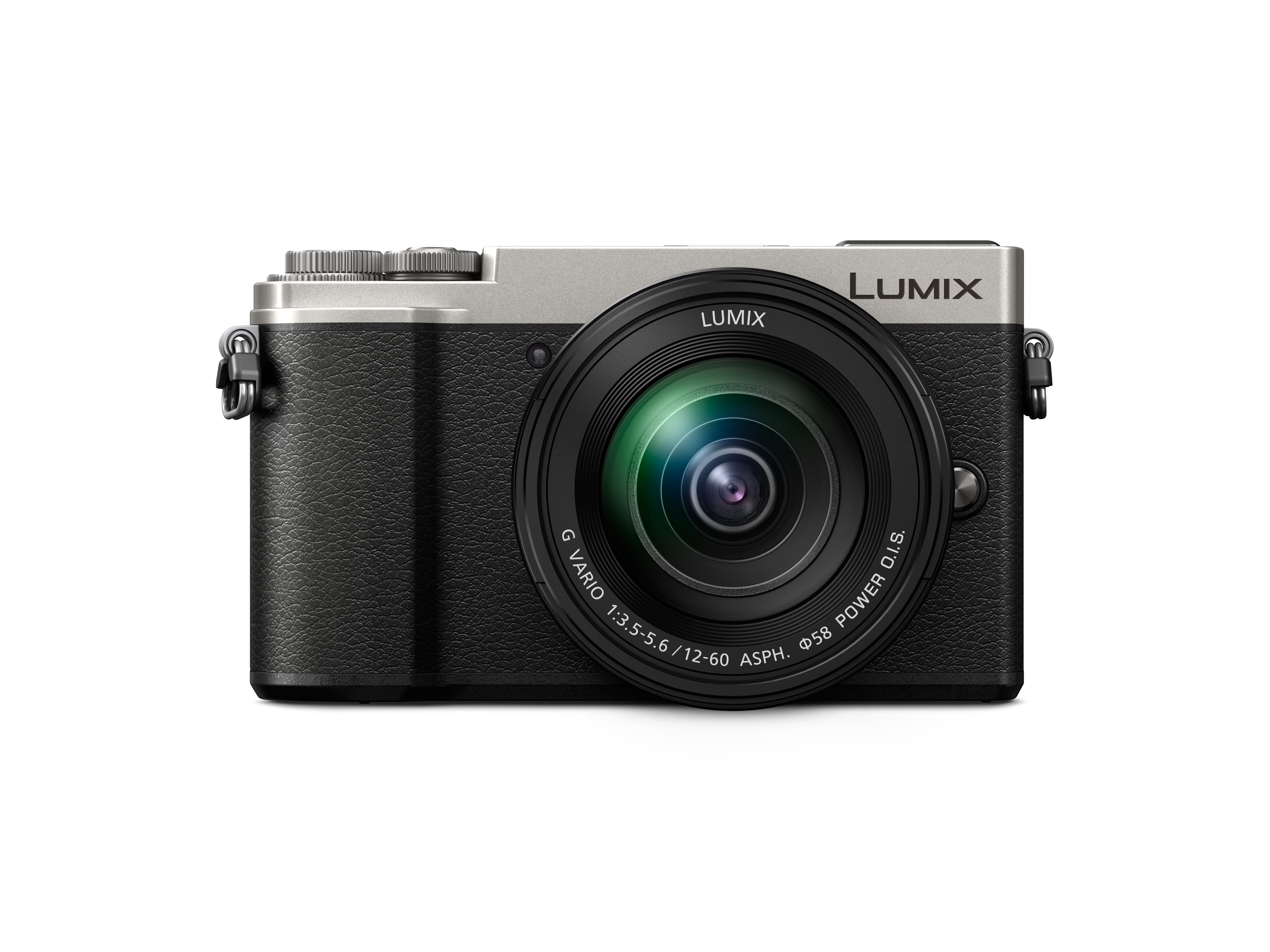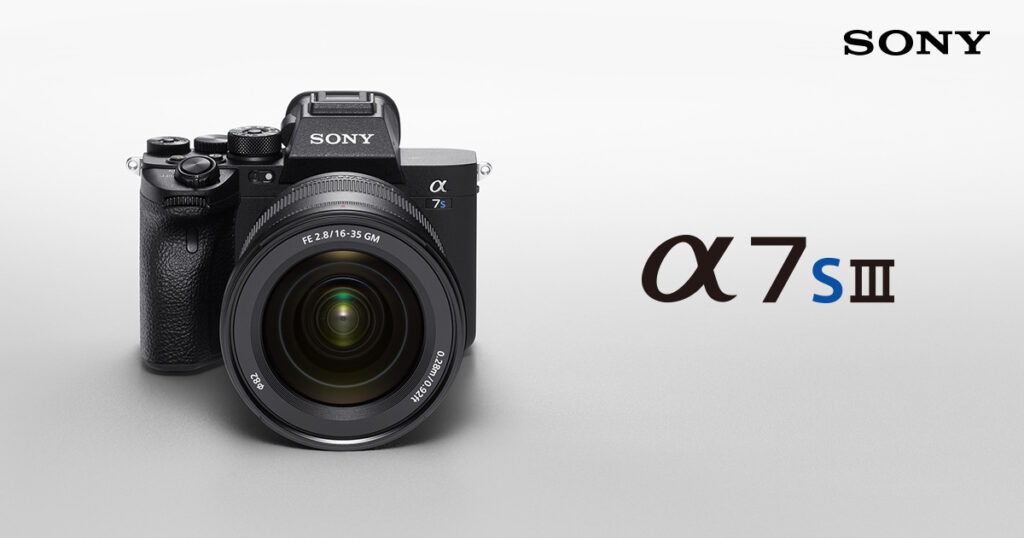
Panasonic is proud to introduce the LUMIX GX9, a sleek, compact new Digital Single Lens Mirrorless camera for everyone who wants to shoot vibrant, true-to-life, high quality images in their own creative way with excellent resolution, high contrast and impressive color reproduction.

The LUMIX GX9’s 20.3-megapixel Digital Live MOS Sensor without a low-pass filter and Venus Engine combine to drive maximum lens performance while rendering natural, high-precision images. The L.Monochrome D mode is newly added to Photo Style, making it easy to shoot detailed dynamic monochrome photos with emphasized highlights and shadows. Plus, Grain Effect can also be adjusted in all monochrome modes with Photo Style.
A 5-axis Dual I.S. (Image Stabilizer) in the LUMIX GX9 effectively suppresses blur. Combining an O.I.S. (Optical Image Stabilizer, 2-axis) and a B.I.S. (Body Image Stabilizer, 5-axis), the Dual I.S. compensates for a wider range of movement to enable blur-free photo/video shooting from wide to tele, even in low-light conditions.
A new wide screen LVF (Live View Finder) in the LUMIX GX9 tilts up approx. 90 degrees. With its high, approx. 2760k-dot equivalent, resolution and 100% color reproduction, this 16:9 LVF provides approx. 1.39x / 0.7x (35mm camera equivalent.) magnification and 100% field of view. Plus, the camera’s large 3.0-in., approx. 1240k-dot high resolution static-type touch monitor provides nearly 100% of field of view tilts upapprox. 80 degrees and down 45-degrees to enable shooting in high or low angle even easier.
The Contrast AF System in the LUMIX GX9 features DFD (Depth From Defocus) technology and excels in both speed and accuracy by exchanging digital signals between the camera and the lens at max. 240 fps*1, for ultra-fast auto focusing in approx. 0.07 sec*2. A range of extensive AF functions include Face/Eye Detection AF, Pinpoint AF, One-shot AF and advanced Low Light AF to enhance usability to comply with various shooting situations. Live View Boost makes it possible to check composition even in total darkness by boosting sensitivity just for live view.
The LUMIX GX9 records smooth, high-resolution 4K video in 3840×2160 at 30p or 24p in MP4. 4K PHOTO is easier to use in more creative ways with Auto Marking and Sequence Composition, two new additions to Post Focus, Focus Stacking, Light Composition and 4K Live Cropping.
*1 Contrast AF with DFD Technology works only with Panasonic Micro Four Thirds lenses.
*2 In AFS, at wide-end with H-FS14140 (CIPA).
Ultra HD 4K video and 4K PHOTO
With a high-speed sensor signal readout and engine processor, the LUMIX GX9 records smooth, high-resolution 4K videos in 3840×2160 resolution at 30p or 24p in addition to the Full-HD 1,920×1,080 60p videos with practical full-time AF. With this technology, LUMIX 4K PHOTO lets users capture perfect moments by extracting single frames from 4K burst files shot at 30 fps to save as 8-megapixel equivalent photos.
Choosing the best shots out of hundreds of 4K video frames is now easier with a newly added Auto Marking function. Auto Marking identifies the frame most different from others in the file to help minimize the time it takes to choose the best individual shot. A Sequence Composition function creates a stromotion image in-camera by synthesizing multiple images shot at fixed frame to produce a unique image of a subject’s motion without special retouching.
The LUMIX GX9 also includes Post Focus, a function selects an in-focus area even after shooting. Post Focus is helpful in situations such as macro shooting where strict focusing is required or for changing expressions by changing the focused subject. This capability combines high-speed, high-precision DFD (Depth From Defocus) auto focus technology and 4K technology. A Focus Stacking function adjusts depth of field after shooting by combining multiple images shot with Post Focus in the camera. Now users don’t need to focus strictly while shooting because they can create images with the defocus level they want or pan-focus simply by selecting the focus area after shooting — beneficial when shooting macro images of insects, small accessories and so on.
LUMIX GX9 also incorporates a Light Composition function, a new 4K PHOTO option. The camera synthesizes images by choosing and saving a brighter pixel to easily produce more dramatic images of fireworks or night scenery in-camera. What’s more, the LUMIX GX9 also enables 4K Live Cropping in video recording to realize stable panning or zooming. In panning shots, users just set the viewing angle to begin and end with for smooth panning imagery without using special equipment like a slider. And in zooming, users can set the after-zoomed viewing angle firs to ensure the subject is perfectly in the frame. The imagery of zooming is smooth because it does not move the zoom lens physically.
The LUMIX GX9 includes Bluetooth and Wi-Fi® connectivity for a more flexible shooting experience and instant image sharing with easy operation. Compatibility with Bluetooth 4.2 (Bluetooth Low Energy) enables consistent connection with a smartphone or tablet with minimum power consumption.
About motion picture recording / 4K Photo recording
- – Use a card with SD Speed Class with “Class 4” or higher when recording motion pictures.
- – Use a card with SD Speed Class with “UHS-I UHS Speed Class 3 (U3)” when recording motion pictures with [MP4] in [4K] or [4K PHOTO].
- (SD speed class is the speed standard regarding continuous writing.)
- – MP4 motion pictures with [MP4] in [FHD/30p] [FHD] [HD]: You can continue recording without interruption even if the file size exceeds 4 GB or 30 minutes in length, but the motion picture file will be divided and recorded/played back separately.
- – MP4 motion pictures with [MP4] in [4K]:
- – When using an SDHC memory card: You can continue recording without interruption even if the file size exceeds 4 GB, but the motion picture file will be divided and recorded/played back separately.
- – When using an SDXC memory card: You can record a motion picture in a single file.
- – When the ambient temperature is high or continuous recording is performed, the camera may stop the recording to protect itself. Wait until the camera cools down.
For [4K] video output, use an HDMI cable that has the HDMI logo on it, and that is described as “4K compatible.”











